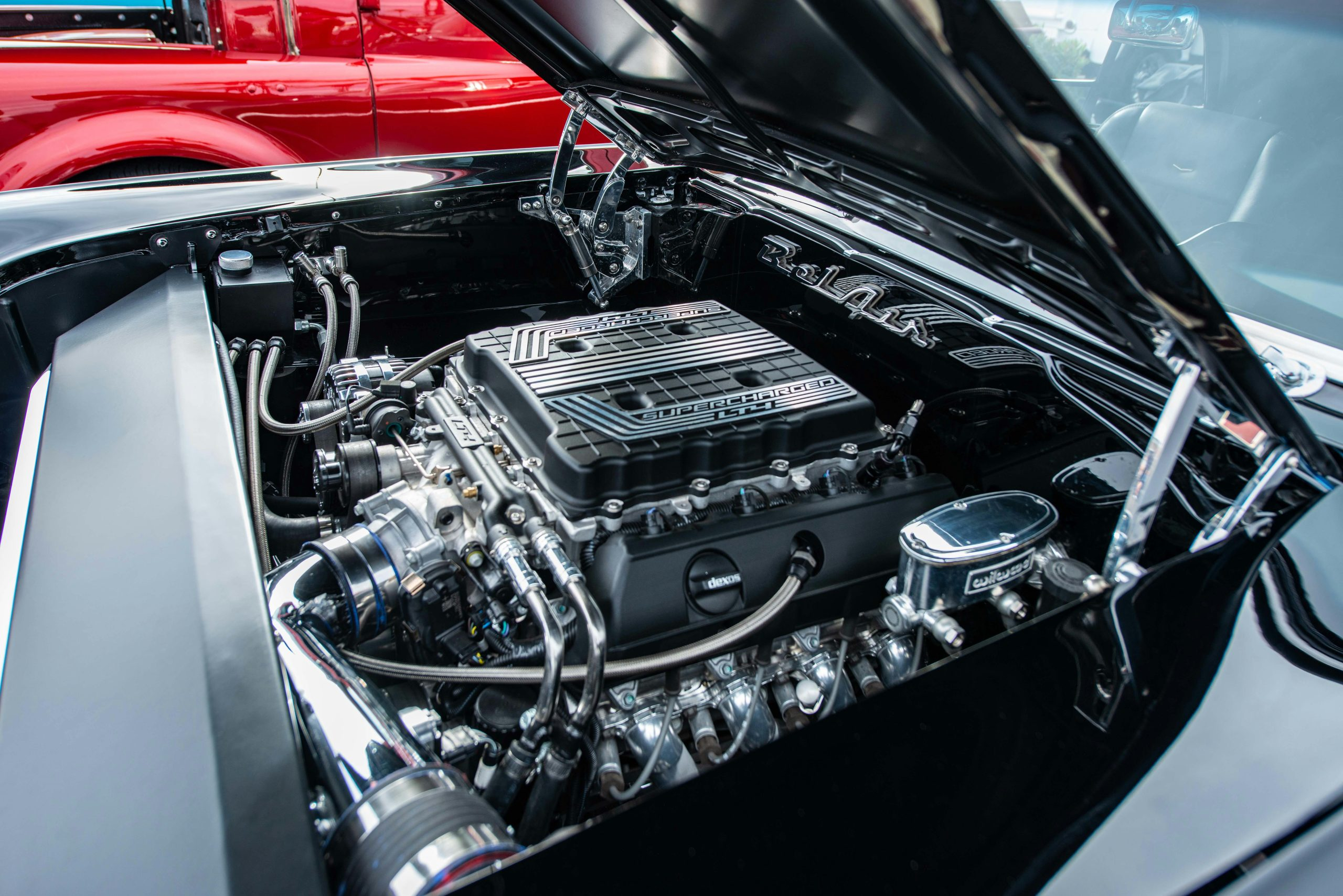Essential Maintenance Tips for Older Vehicles
As any vehicle ages, it requires more attention and maintenance to keep it running smoothly. This is especially true for older vehicles, which typically have more wear and tear on their parts. Regular maintenance is crucial to ensure the longevity and reliability of your older vehicle. In this article, we will cover some essential maintenance tips for older vehicles that will help keep them in top shape.
Regular Oil Changes
Oil is the lifeblood of your vehicle, and it is even more critical for older vehicles. Over time, engine oil breaks down and loses its effectiveness, leading to increased friction and wear on engine components. Regular oil changes are essential to keep your engine running smoothly and prevent costly repairs. As a general rule, older vehicles should have an oil change every 3,000-5,000 miles.
Check and Replace Fluids
In addition to oil, there are other essential fluids that need to be checked and replaced regularly in older vehicles. These include coolant, brake fluid, power steering fluid, and transmission fluid. Over time, these fluids can become contaminated or lose their effectiveness, leading to potential engine damage or failure. It’s best to consult your vehicle’s owner’s manual for recommended service intervals for each fluid.
Replace Worn Belts and Hoses
Belts and hoses are critical components of your vehicle’s engine, and they tend to wear out faster in older vehicles. Regularly inspecting them and replacing them when needed can prevent unexpected breakdowns and costly repairs. Belts should be checked for wear and tension, while hoses should be checked for cracks, leaks, and swelling.
Check and Replace Worn Out Tires
Tires are the only contact between your vehicle and the road, and they are vital for safe driving. As they age, tires can become worn and lose their tread, which can affect the vehicle’s handling and traction. It’s essential to regularly check your tire’s tread depth and replace them when they become worn. It’s also crucial to rotate your tires regularly to ensure even wear and prolong their lifespan.
Inspect Brakes and Replace Pads
The braking system is essential for safe driving, and it’s even more crucial in older vehicles. As your vehicle ages, its braking system can become less effective due to wear and tear. Regularly checking your brakes, including brake pads, rotors, and calipers, can prevent costly repairs and ensure your safety on the road.
Keep Up with Regular Tune-Ups
A tune-up is a comprehensive maintenance service that includes several tasks, such as replacing spark plugs, inspecting and replacing filters, and checking ignition timing. Regular tune-ups can improve your vehicle’s performance, fuel efficiency, and overall longevity. It’s recommended to have a tune-up every 30,000 miles for older vehicles.
Address Any Strange Noises or Symptoms
Strange noises or symptoms can indicate a potential problem with your vehicle. It’s essential to address these as soon as possible to prevent further damage or breakdowns. If you notice anything unusual with your vehicle, it’s best to have it checked by a professional mechanic to diagnose the issue and prevent future complications.
Conclusion
In conclusion, regular maintenance is crucial for older vehicles to keep them safe, reliable, and on the road for years to come. By following these essential maintenance tips, you can prolong the lifespan of your vehicle and avoid costly repairs. Remember to regularly check and replace fluids, belts, hoses, tires, brakes, and schedule tune-ups to keep your older vehicle running smoothly and efficiently.










